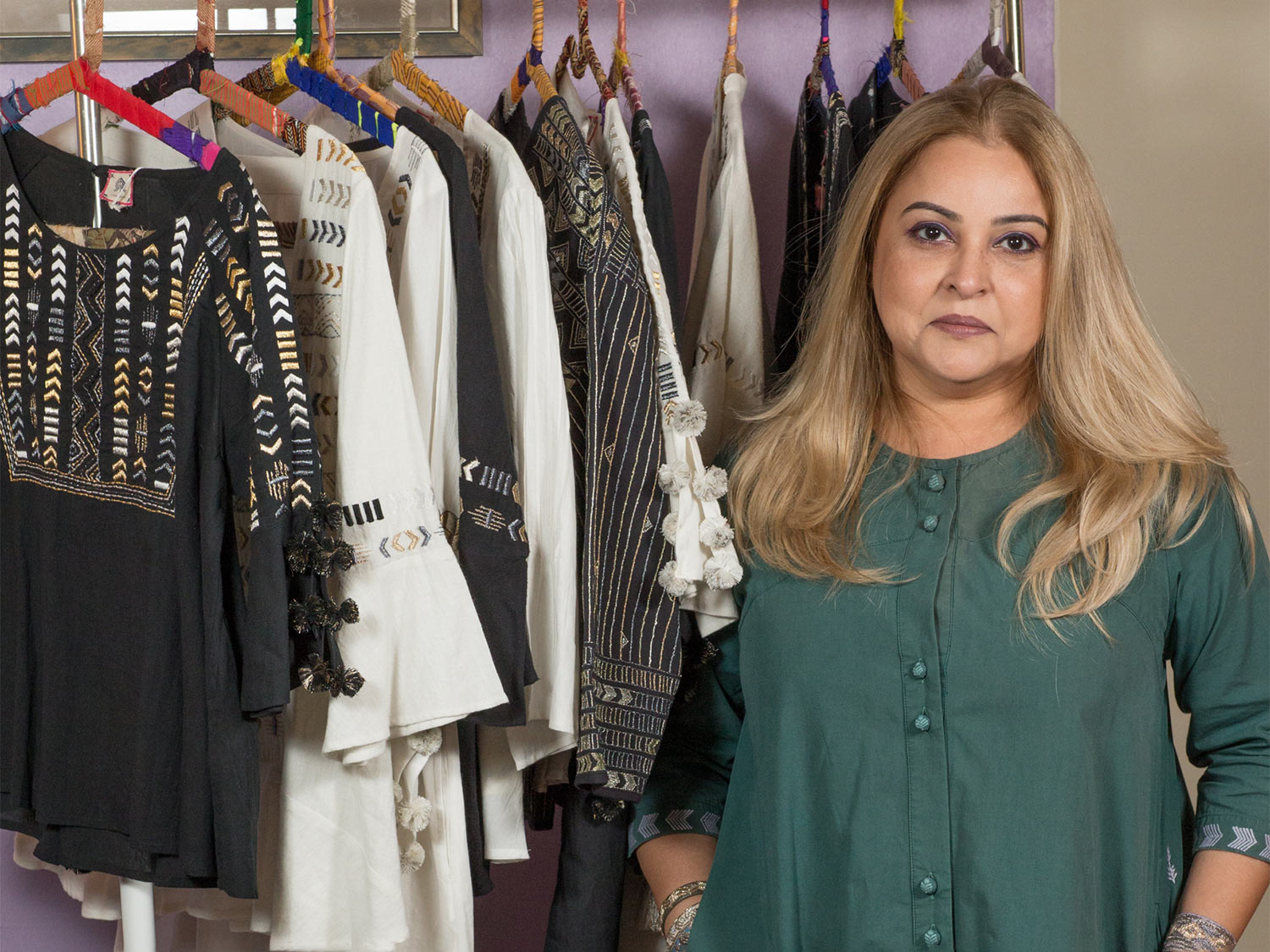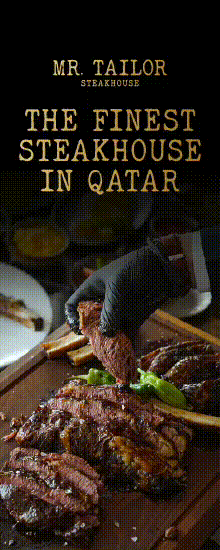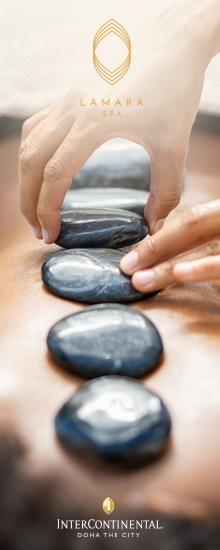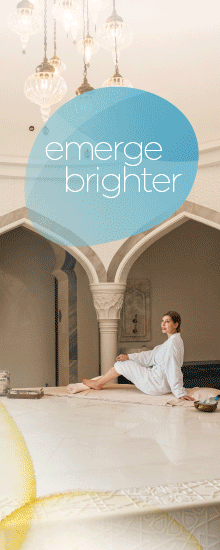
Fashion is one of our passions, and this month, we talked to Sonali Raman, a sustainable fashion designer and professor at VCUarts Qatar, about embracing green solutions in this industry.
OHLALA – How did fashion enter your life? When did you realise this would be your career path?
Sonali Raman – My journey into fashion started even before I hit double digits, designing miniature apparel for my collection of Barbies. By my late teens, I was creating full-sized apparel using my mother’s pedal sewing machine. I knew by then that fashion and textiles were what I wanted to make my career in. I inherited my love for natural fabrics from my grandfather, who always wore khadi (a type of Indian garment), and my mother, who wore natural cotton and lush silks all her life. My passion for all things traditional is inherited from my parents, who had a fine sense of aesthetics.
OHLALA – In 2014, you started your brand SR by Sonali Raman with sustainability at its core. Why did you feel the necessity of following this route with your label?
Sonali – I started my brand’s journey with a desire to create ethically-sourced and sustainable products that I would be proud to own and wear. My apparel and jewellery reimagine India’s traditional fabrics and crafts in a more contemporary way. Every piece I design reflects my beliefs about consuming sensibly, buying responsibly, living mindfully and caring for the environment. Those of us in the sustainable fashion community know that being fashion-conscious goes beyond being fashionable and trendy. Fashion is not wearing something new every day or every season. It is about being conscious of our consumption, waste and the footprint we leave behind. An integral part of my brand is to revive long-forgotten techniques and help artisans share the intrinsic beauty of these crafts with the world.
OHLALA – What makes a fashion brand sustainable?
Sonali – Sustainability in fashion has evolved from a niche to a genuine revolution in the past few years. The demand for ecological, fair and sustainable products is rising, fuelled by growing awareness about the environment, climate change prevention and conscious consumerism. Sustainable fashion is no longer a trend but a fundamental prerequisite to remaining relevant and competitive in the fashion space. When a brand uses natural and biodegradable fabrics, produces slowly and in small batches, avoids plastic packaging, uses natural or chemical-free dyes, ensures their workers get fair wages, is conscious of energy consumption, reduces waste and designs for long-term use and for circular fashion – then they are on the path to sustainability.
OHLALA – Why is looking for environmental solutions important in this industry?
Sonali – The fashion industry is the second largest polluter after the oil industry, taking a large toll on the environment. In addition to water pollution from chemical dyeing processes, microplastics from synthetic materials, packaging waste and poor working conditions, the fashion industry emits 2.1 billion tons of CO2 annually. The fast fashion model also encourages consumers to view clothing as disposable. The human and environmental health risks associated with inexpensive products are hidden throughout the lifecycle of each garment. Clothing that is intentionally made to fall apart contributes to the pounds of textile waste that everyone sends to landfills every year. That’s why cutting CO2 emissions, addressing overproduction, reducing pollution and waste, supporting biodiversity and ensuring that garment workers are paid a fair wage and have safe working conditions, are all crucial. If we want to save the planet for future generations, we have no other path besides the sustainable fashion route – there is no Planet B.
OHLALA – You are a faculty member at Virginia Commonwealth University School of the Arts in Qatar (VCUarts Qatar). What do you think is your main mission in this position?
Sonali – It is our mission as faculty to show the path to the creative young minds of future generations. We need to channel their thinking to make them sustainable and circular fashion designers. The Fashion Design department at VCUarts Qatar has taken an aggressive approach to incorporating sustainability into our curricula in the last three years in an impactful way. The Fashion and Sustainability course focuses on supply chain, garment workers, textiles and materials, differences between linear and circular economies, waste, water and ethics, giving students a comprehensive overview of the industry towards sustainability. I am currently teaching this course, and I developed and introduced a module on sustainable textiles and organic and fair-trade materials. Students learn what it means to work with eco-friendly fabrics. The aim is to foster a longer-lasting shift to sustainable lifestyles and mindsets amongst future designers.
OHLALA – How do you see the fashion scene in Qatar today, and what should we expect for the future?
Sonali – Awareness is slowly building here in Qatar about sustainable fashion. I now see several upcoming designers moving towards slow fashion, adopting ethical production and transparency in the supply chain. This means that the path to change has begun. Organisations like M7 promote sustainable fashion through their Fashion Incubator/Accelerator programme. There are a lot of talks and discussions happening locally to create awareness. The Fashion and Sustainability course recently held a public panel discussion on sustainable fashion in Qatar, where they focused on navigating the challenge of balancing people’s need for style while ensuring sustainability. Designers also need to be careful not to greenwash their clients about sustainability and ensure they truly walk the talk.
OHLALA – What has been an exciting project you took part in in Qatar?
Sonali – This year, as a fashion designer, I had the opportunity to participate in the Zwara programme of M7 – where we had to take inspiration from the Forever Valentino exhibition and create our own piece. I collaborated with a Doha-based Indian artist, Surabhi Gaikwad, and we designed a stunning dress and cape that exquisitely embody the fusion of two art forms – fashion design and painting, underpinned by India’s intricate traditional crafts and the spirit of Valentino as its overarching theme. Il Mantello Rani – The Rani Pink Cape – draws inspiration from the fashion aesthetic of the Maison Valentino and the colour of royalty in India, Rani Pink. The pieces are in the ongoing Zwara exhibition at M7, open until September 10.
OHLALA – What are the things you like most in Qatar? Any hidden gems people should know about?
Sonali – Qatar is my second home and has been for over 18 years. I love the fact that, as an expatriate, I can live my life very comfortably and find wonderful opportunities as a designer in this country. There’s a lot of focus on creativity and art here which is great. Unique places lesser frequented by most people, in my opinion, would be Fuwairit Beach – the rocky area, Souq Al Wakrah, which is lovely with the beachfront, and Education City. A lot of people don’t know too much about Education City and all it has to offer.





